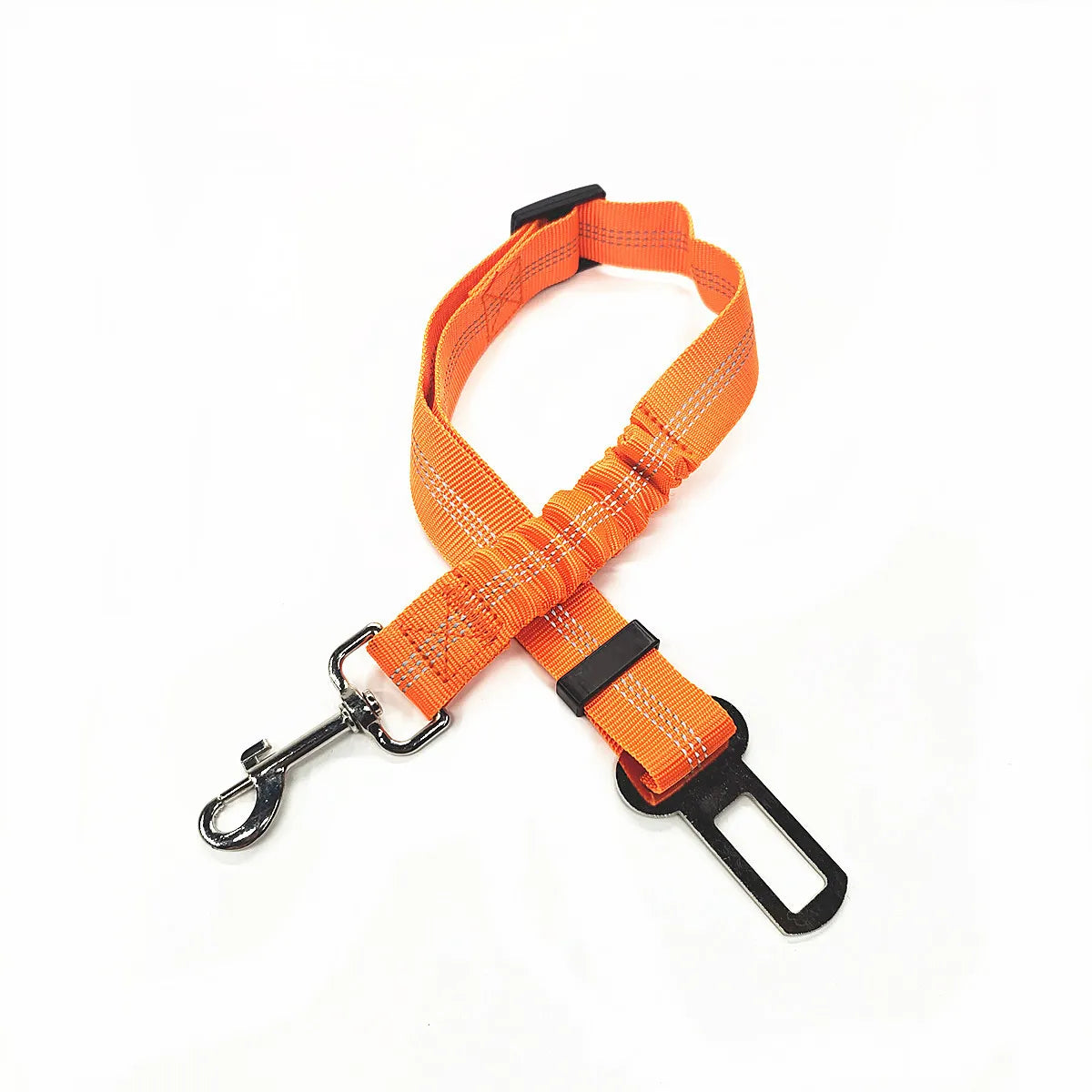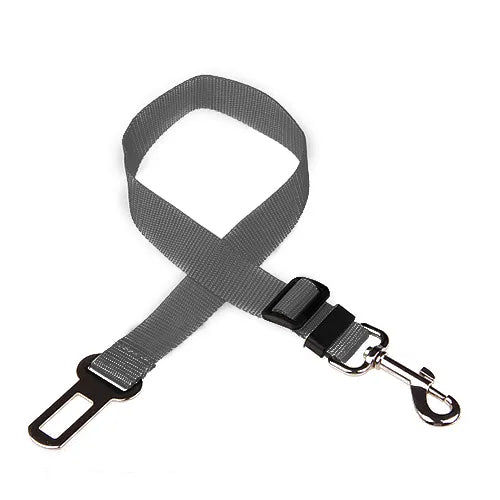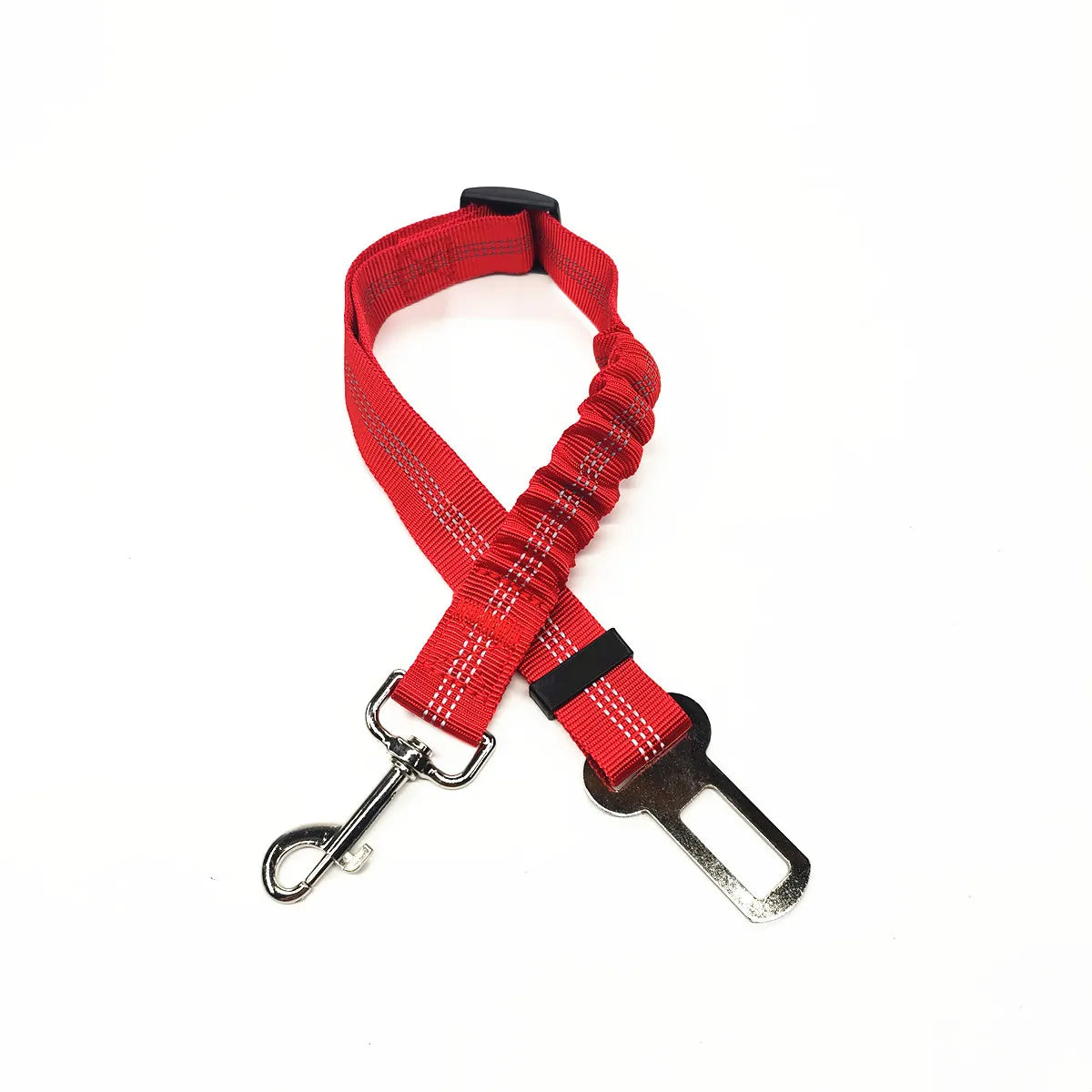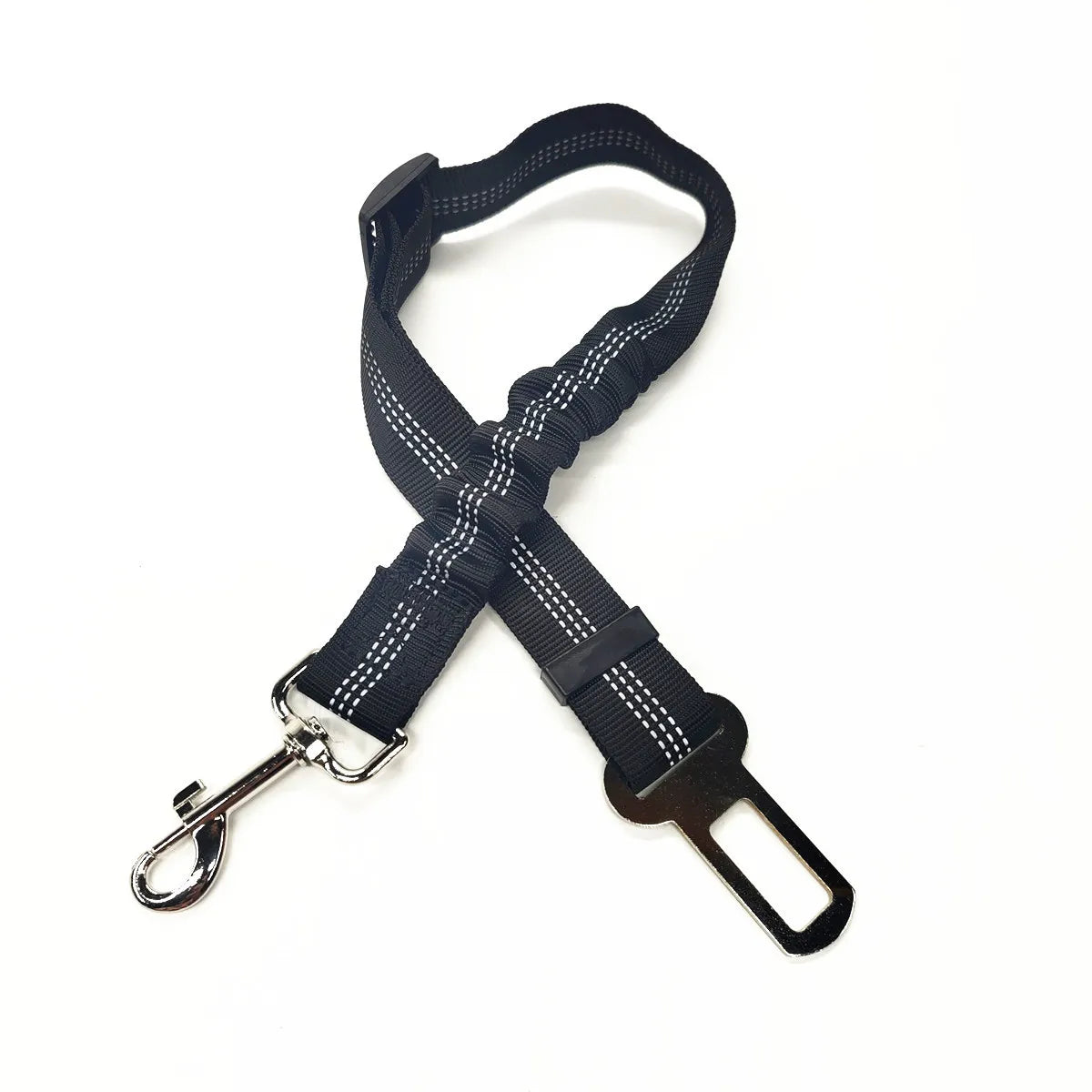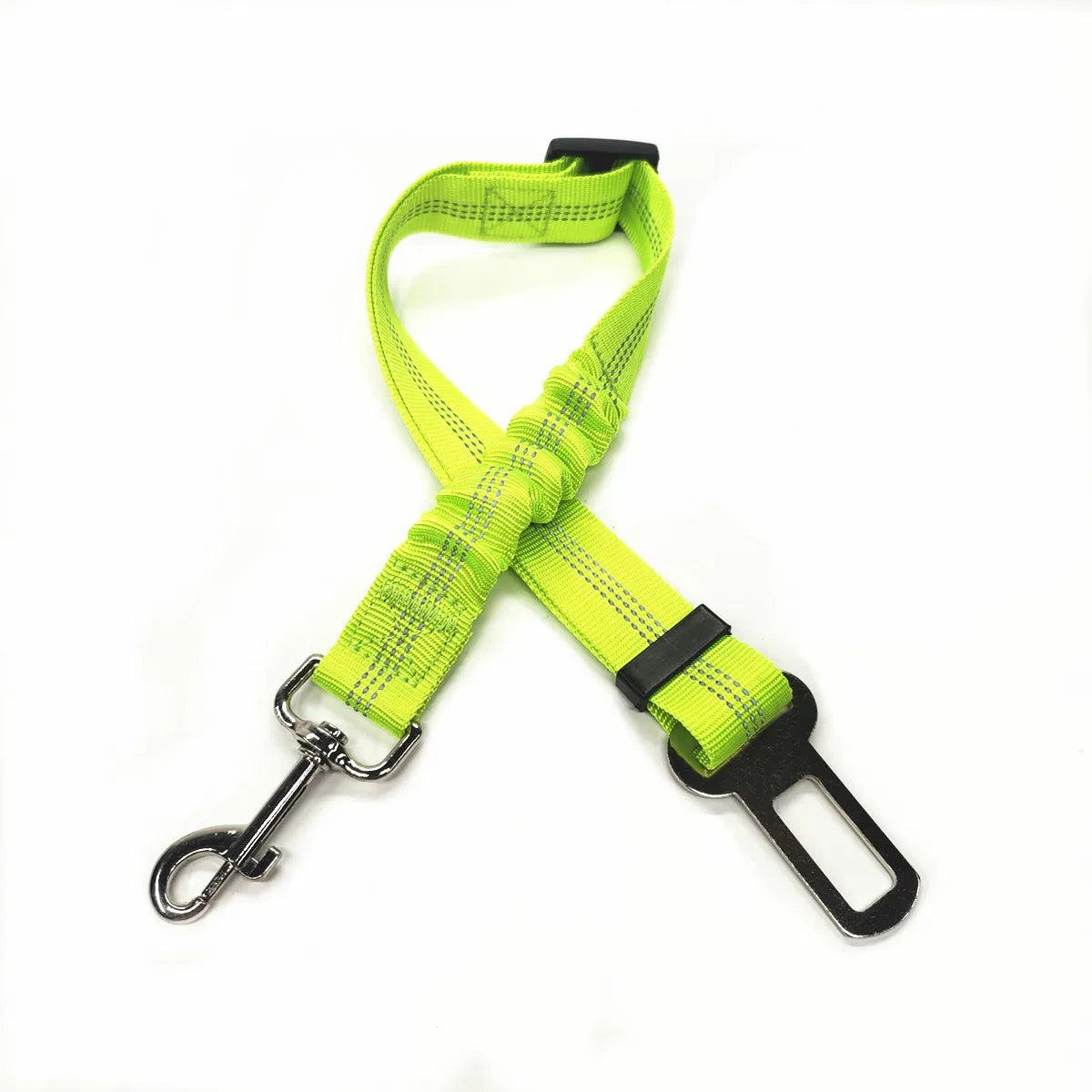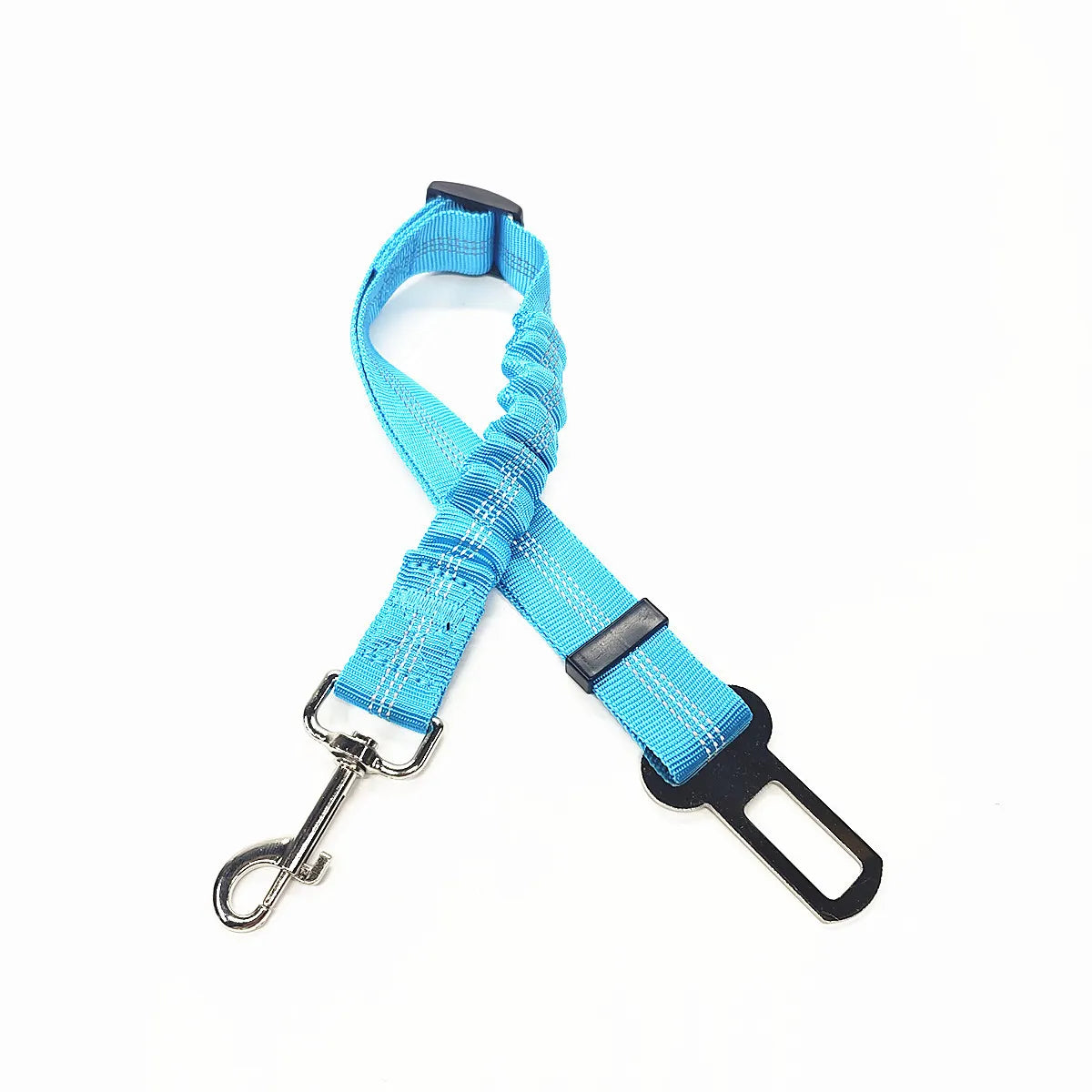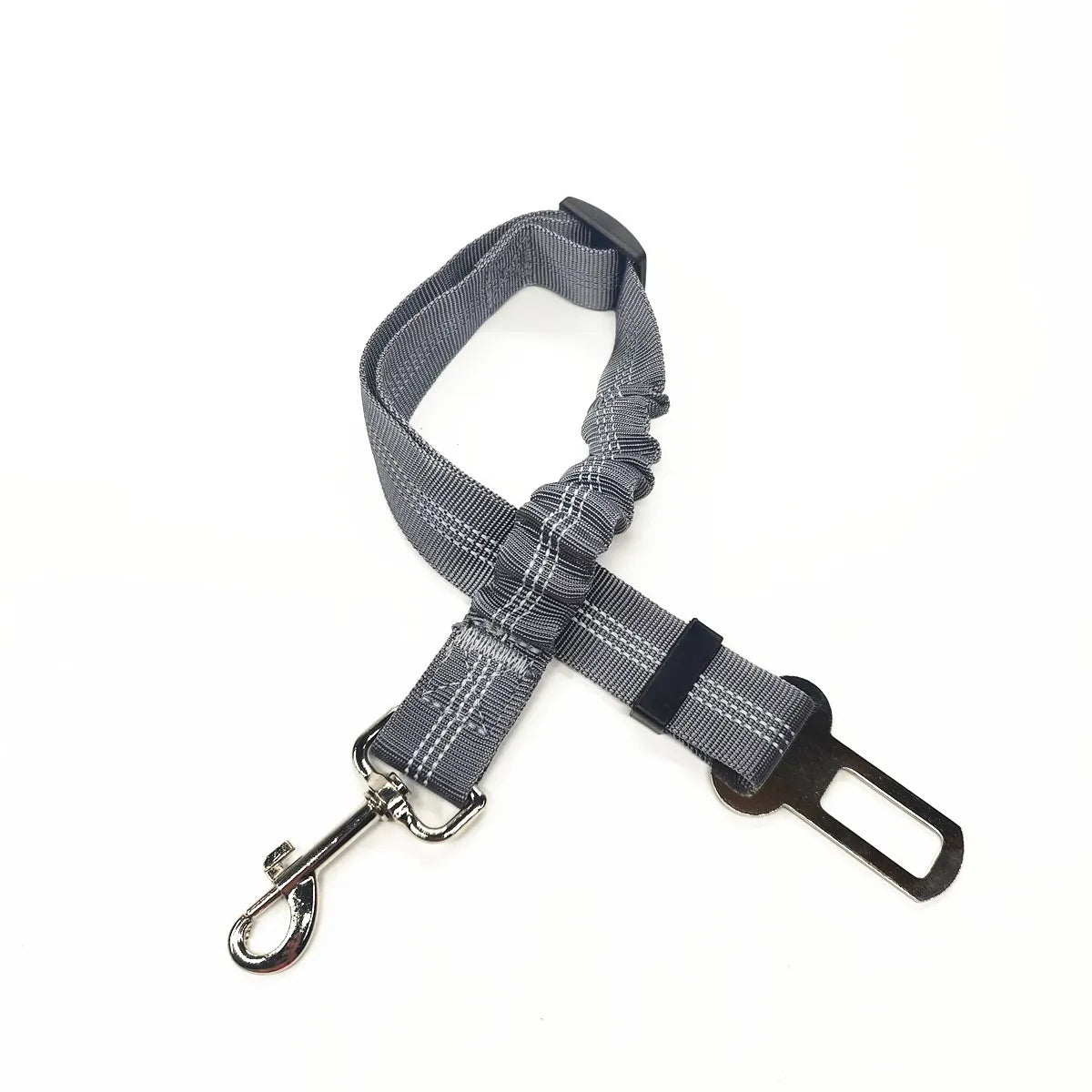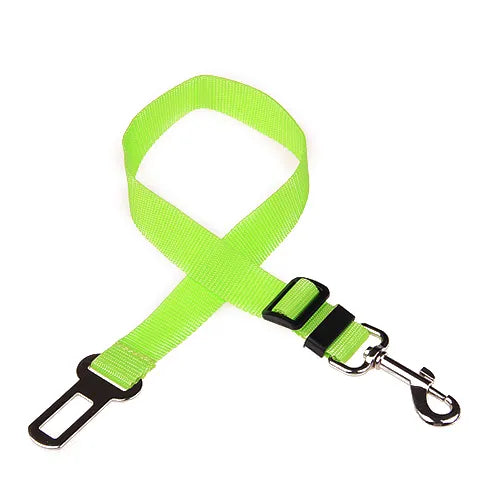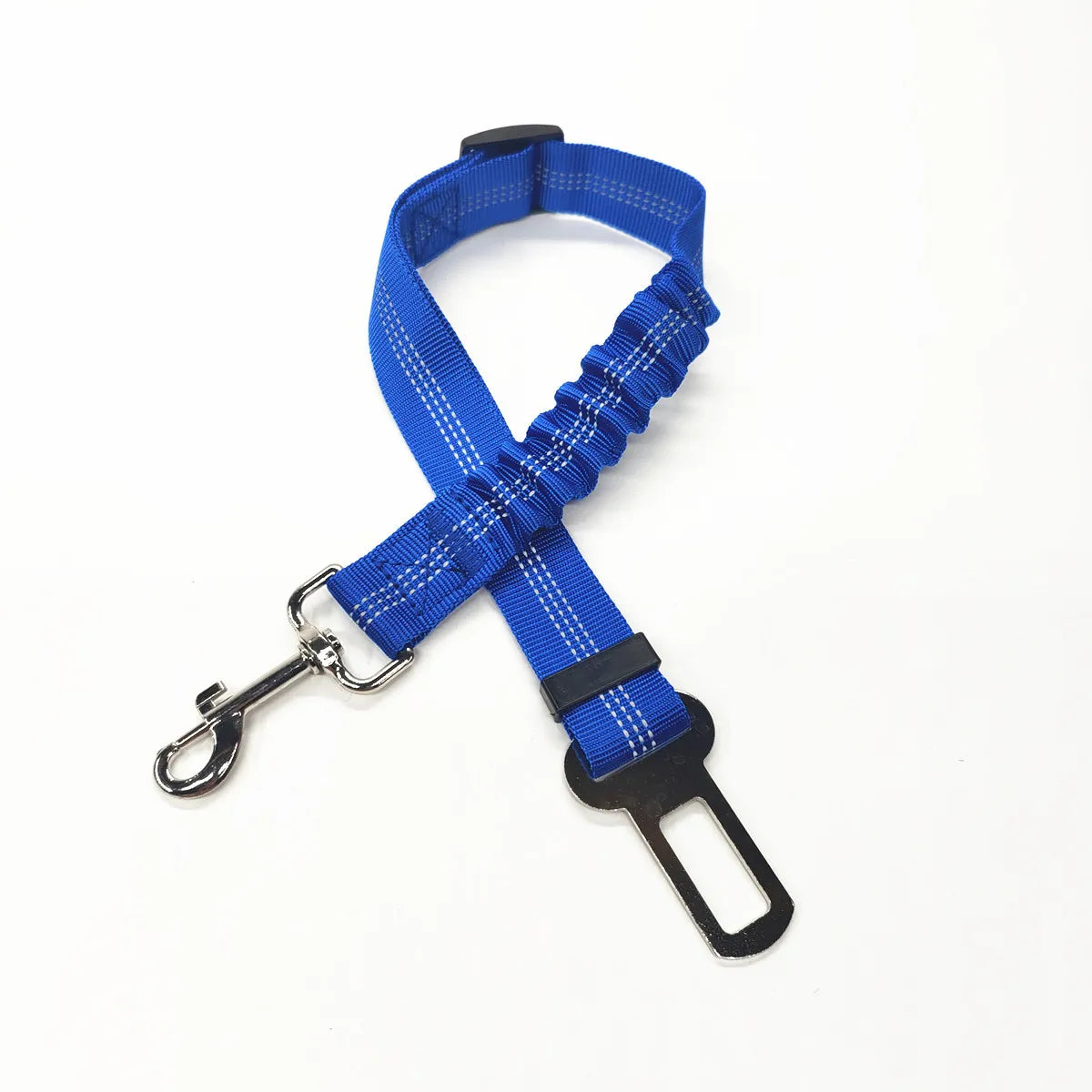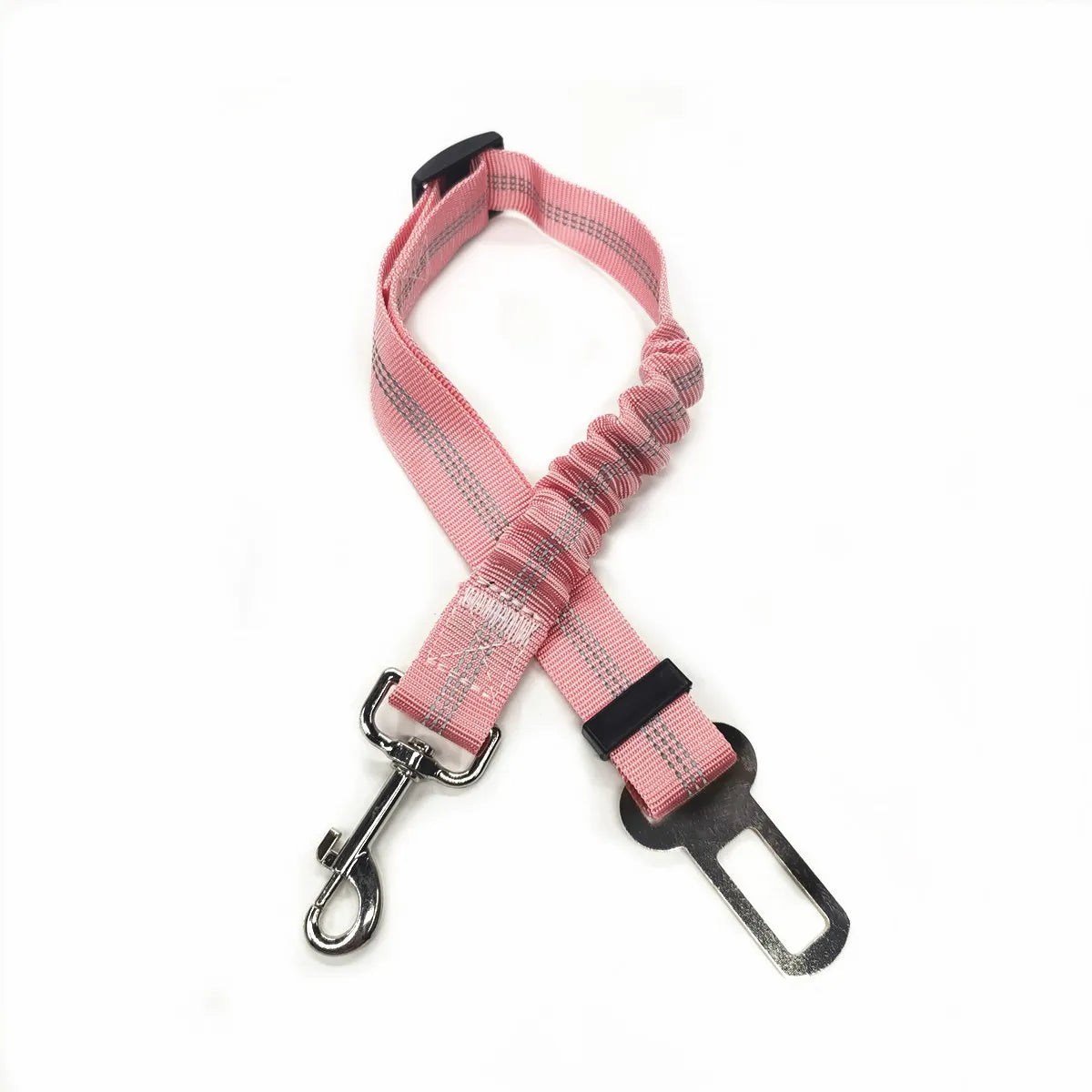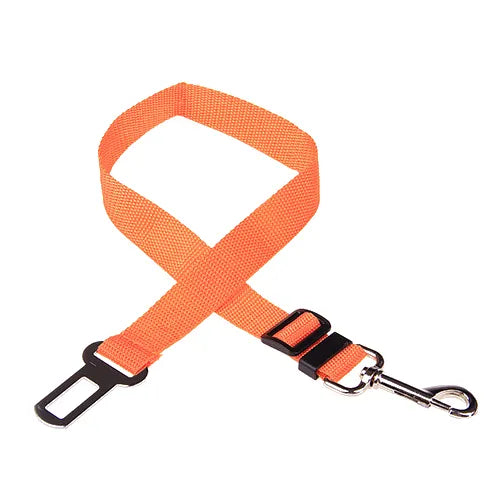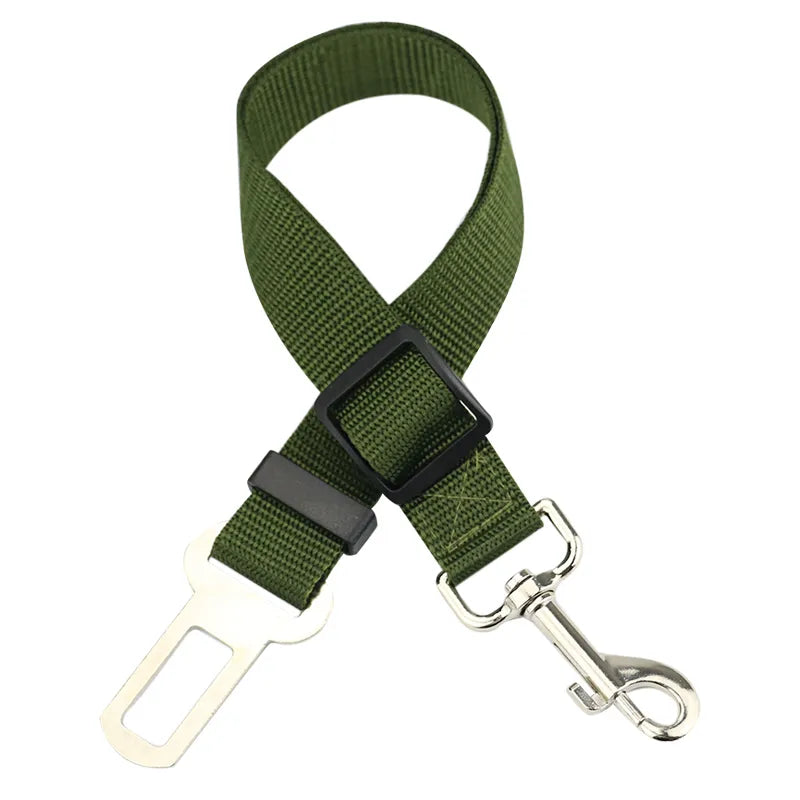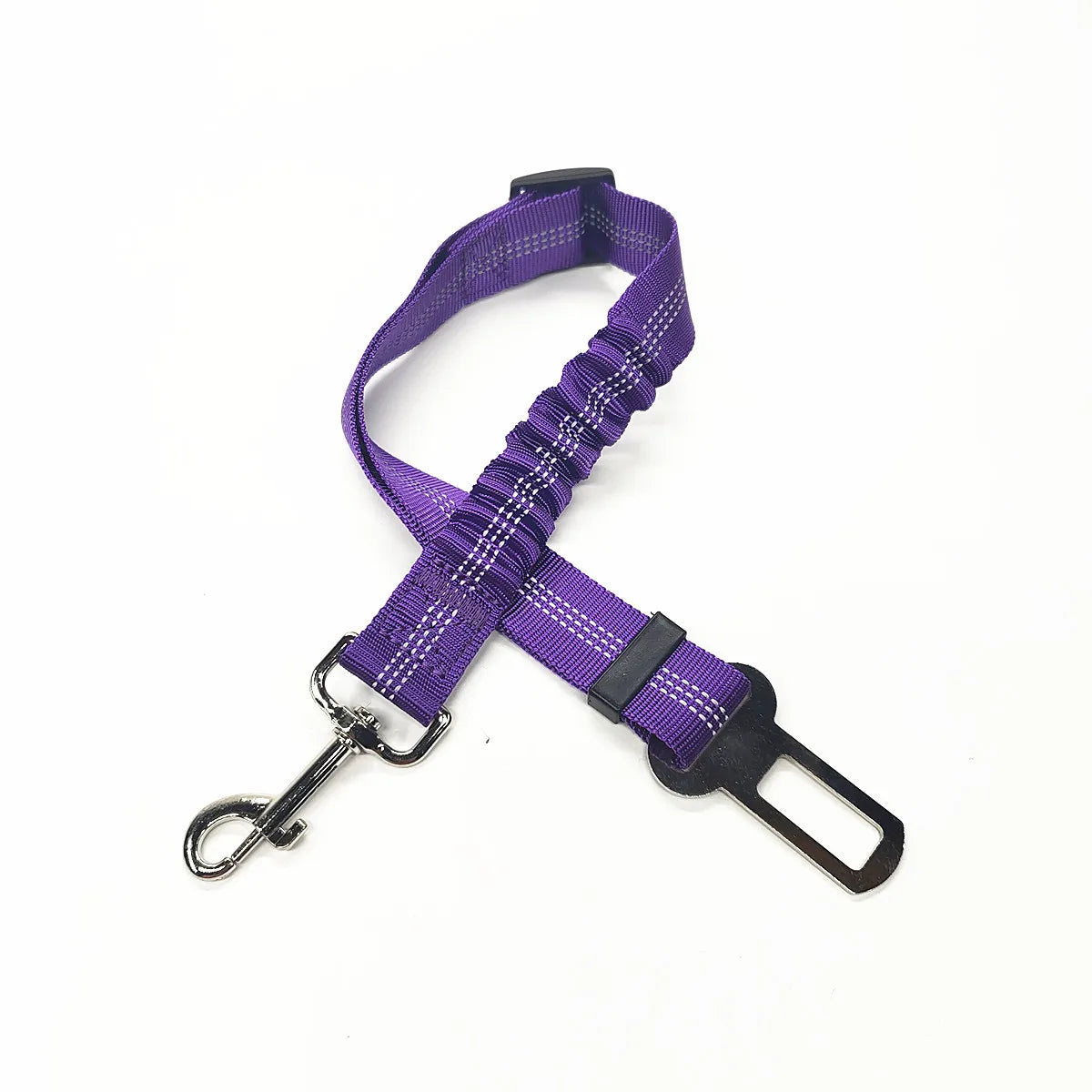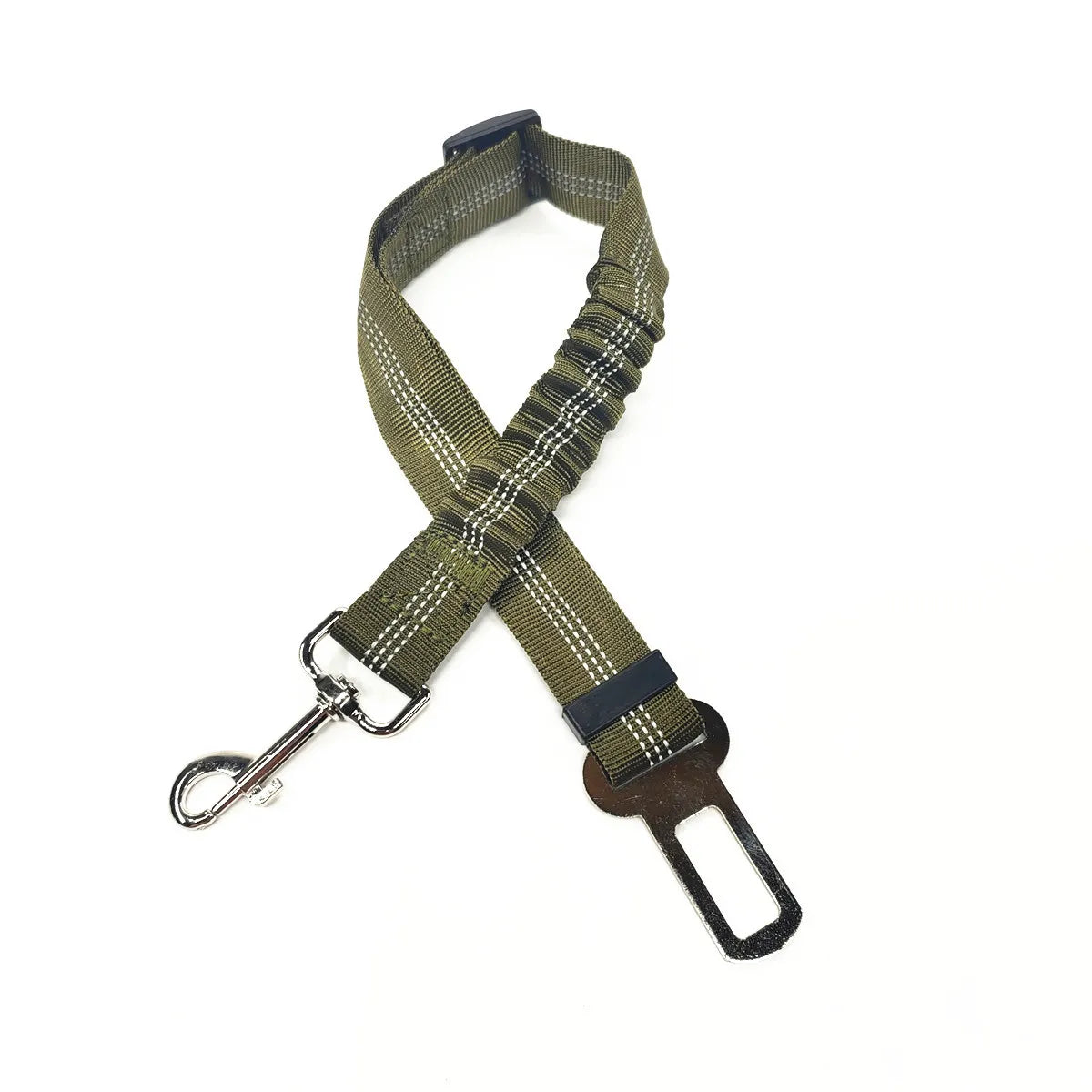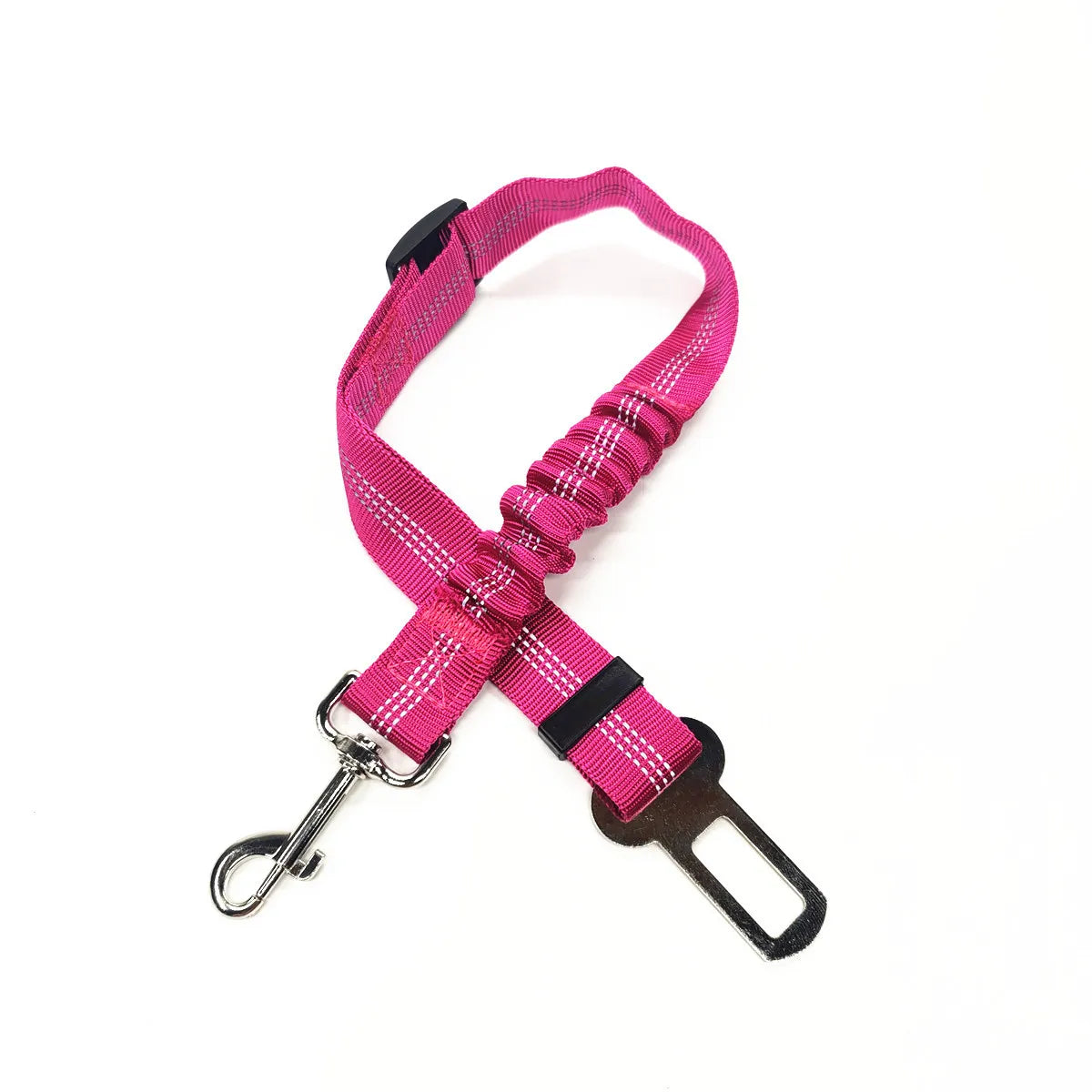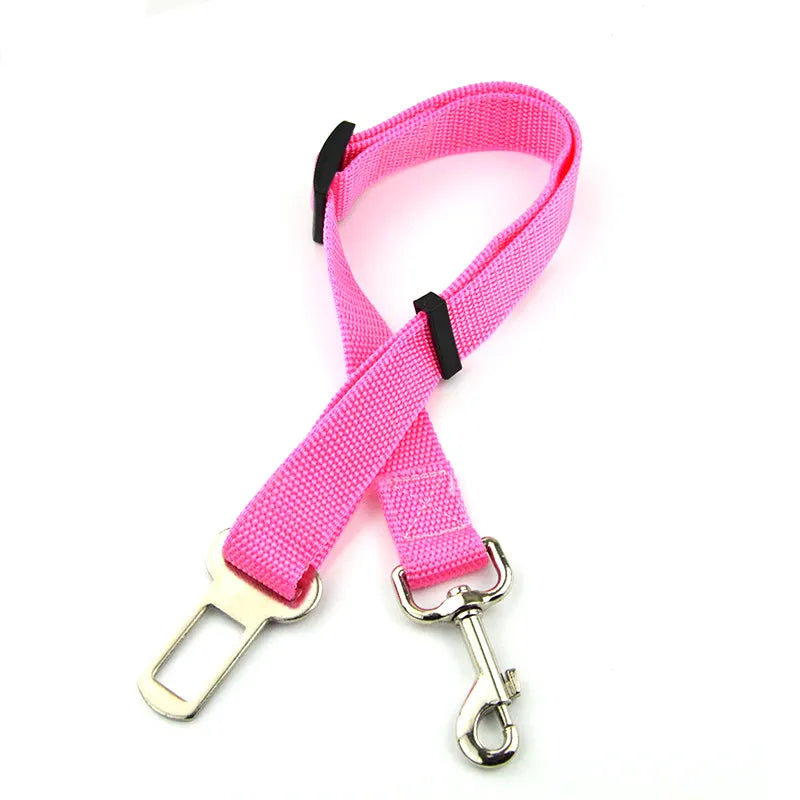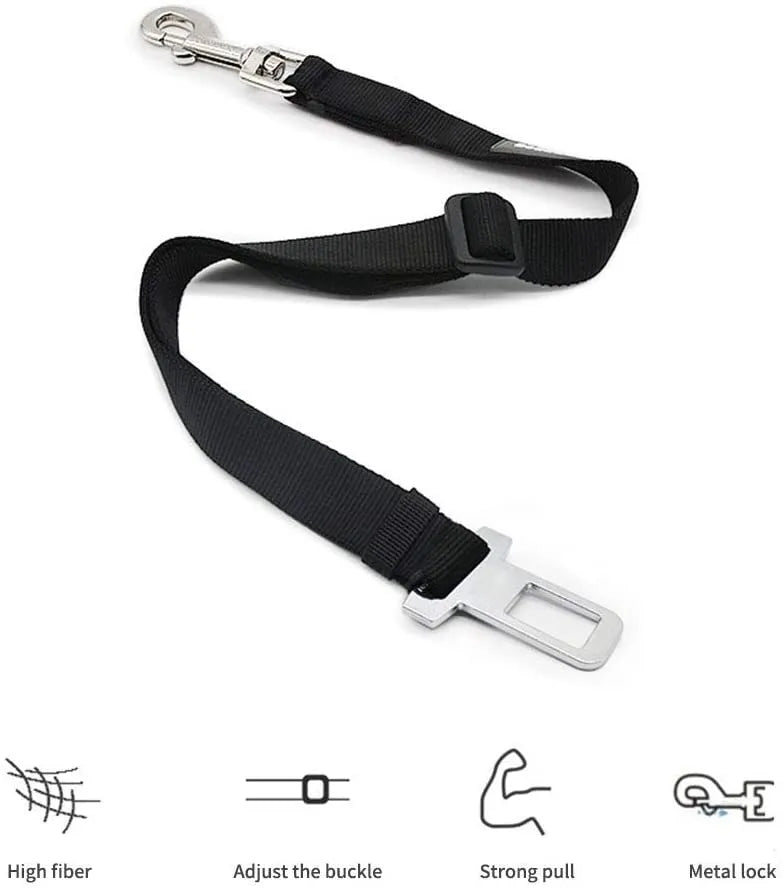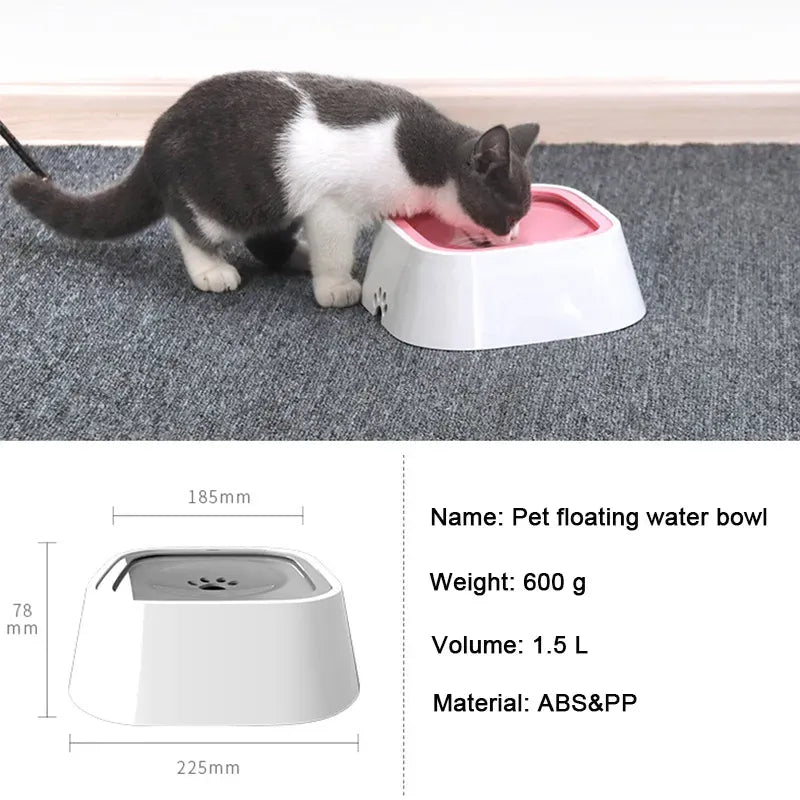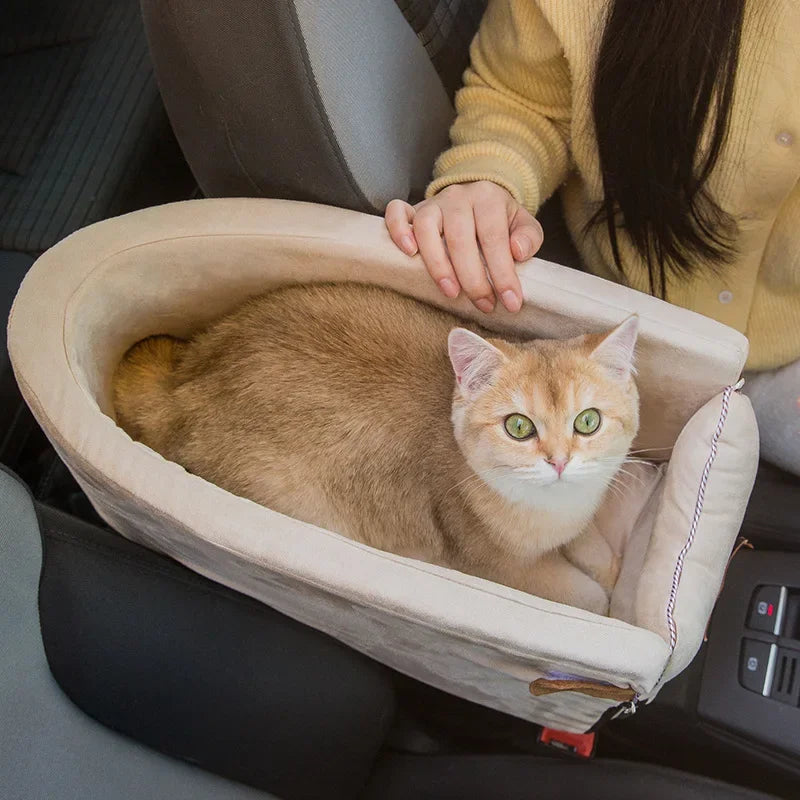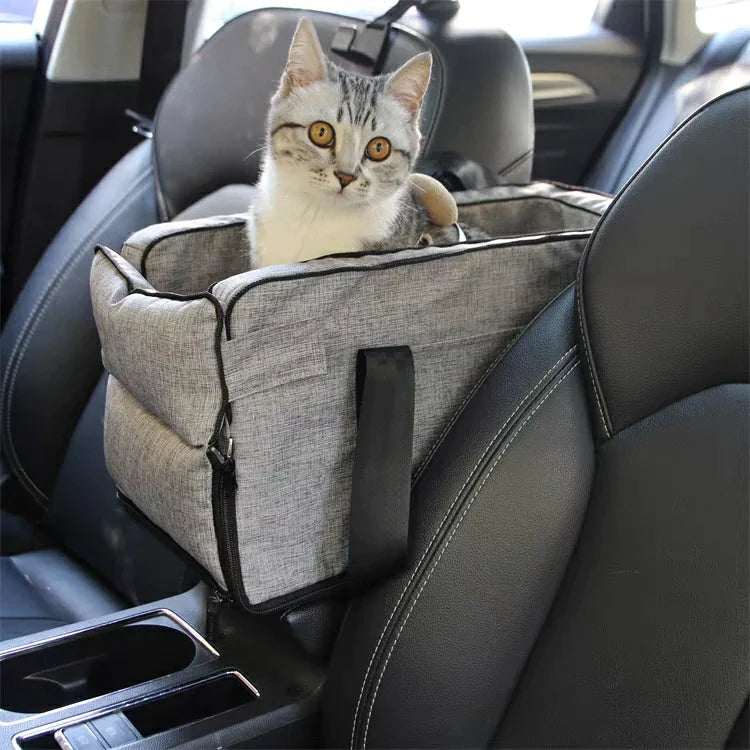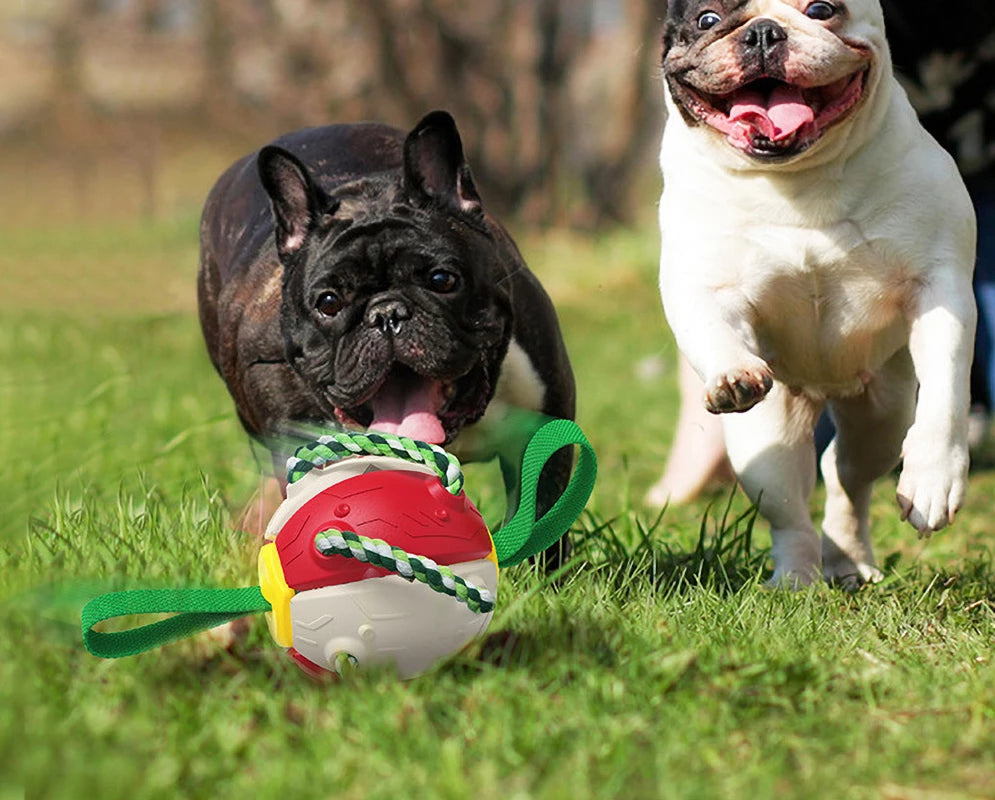In our modern society, an increasing number of people choose to have pets not only because they are adorable and lovable but also because they bring us endless joy and warmth. However, just like humans, pets can also experience a variety of emotional issues, one of which is anxiety. Fortunately, research has shown that companionship is an effective way to reduce pet anxiety.
First and foremost, let's understand the manifestations of pet anxiety. Pets often exhibit signs of nervousness, restlessness, withdrawal, excessive licking, or repetitive scratching. Some pets may display excessive aggressiveness towards strangers or other animals, or show persistent feelings of unease. These behaviors may result from a lack of security or prolonged periods of loneliness.
By providing pets with ample companionship, we can alleviate their feelings of anxiety. Pets are social creatures, and they need human companionship and care to feel safe and comfortable. Interacting with pets regularly can strengthen their emotional bond and trust, thus easing their sense of isolation and insecurity. Engaging in activities such as playtime, walks, or simple petting sessions can foster a deep emotional connection with our pets.
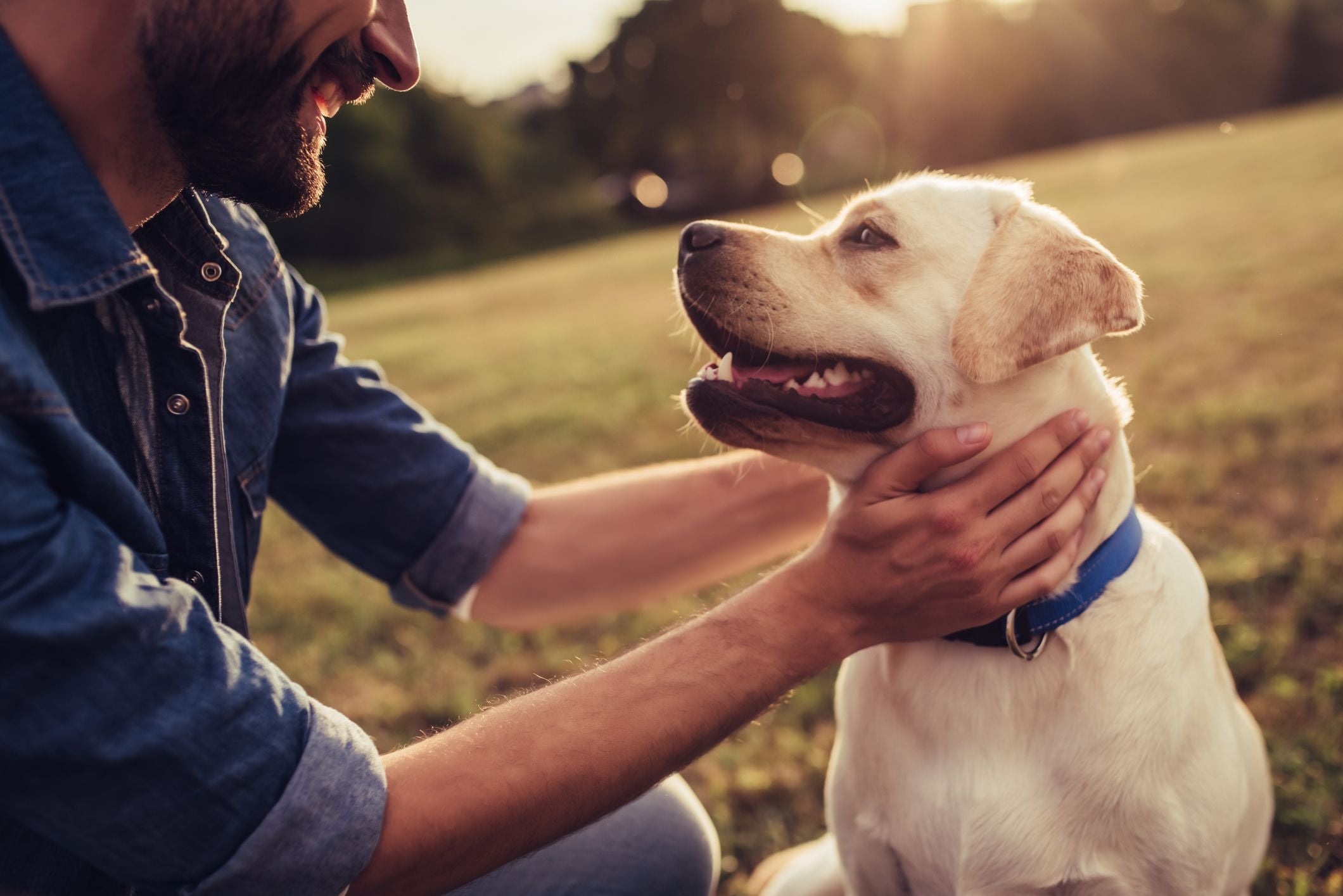
Moreover, establishing a stable daily routine and regularity in their daily activities are crucial in reducing pet anxiety. Pets find comfort in predictable environments and consistent daily routines. Having a fixed schedule for meals, rest, and exercise can help pets adapt and alleviate their anxiety. Of course, the presence and attention from their owners play an integral role in this process.
For some particularly anxious pets, professional training and behavioral correction might be necessary. Some pets may require more assistance in gradually overcoming their fears and anxieties. In such cases, seeking help from experienced pet trainers or animal behavior specialists can aid in developing positive behavioral patterns and reinforcing trust between pets and their owners.
Lastly, apart from human companionship, interactions among pets can also reduce anxiety. In households with multiple pets, mutual companionship and playtime among the animals provide additional comfort and support. They can build friendships and spend time together, alleviating each other's feelings of loneliness.

In conclusion, companionship is essential in reducing pet anxiety. As pet owners, it is crucial to be attentive to our pets' emotional changes and provide them with sufficient companionship and care. By establishing stable routines, giving them the attention they need, and seeking professional help when necessary, we can help our pets better adapt to their surroundings, alleviate their anxiety, and lead happier, healthier lives. Additionally, we, as pet owners, will derive more joy and fulfillment from the profound emotional bond we share with our beloved pets.








